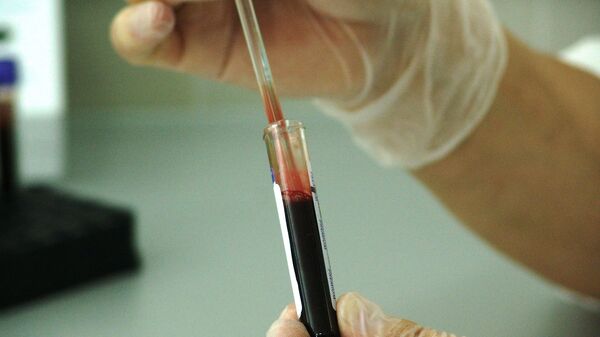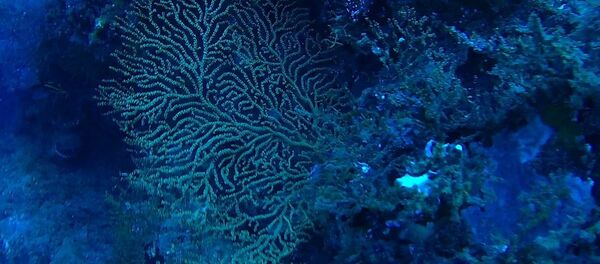Sputnik spoke to Laura Garcia Carrascosa from the University of Queensland, the lead researcher of these tests, for more insight on the issue.
Sputnik: What does this mean for the accuracy and frequency or cancer testing in the future?
We can also understand if it all will be accurate for all cancer types, maybe some cancers will be better detected from others, we still don’t how it’s going to work.
Our testing is more to share the discovery of the unusual properties we found on the DNA and how they are connected to the cancer. This is basically the first steps before going into something else.
Sputnik: Looking at this radical approach and others being used in the industry what impact will it have on medicine as a whole?
From the clinical point of view it can be a benefit in the sense that you could save all the more expensive tests and diagnostic approaches to when you feel a patient may have something but you still don’t know.
This could be in that sense something that is a lot cheaper and faster and could eventually save money in that sense.
It could also have a lot of potential in terms of a patient who has had cancer and you want to look at whether the cancer has relaxed and monitor if there is any chance for the cancer to come back. In that sense this could be a really interesting advance in what we have today.
Sputnik: Ok and finally what’s next in your research going forward?
This is the first time someone has paid attention to this and we explored that it’s just one of the possible ways [of testing]. We want to keep understanding better this phenomenon and eventually the many other applications.
This is one of the kind of things we want to do from now on. As I said earlier, we want to do larger clinical trials, partner with companies and industries to see if we can double up further and understand the full diagnostic potential and then eventually [it] may help to just to get in the clinics as soon as possible.
Views and opinions expressed in this article are those of Laura Garcia Carrascosa and do not necessarily reflect those of Sputnik.






